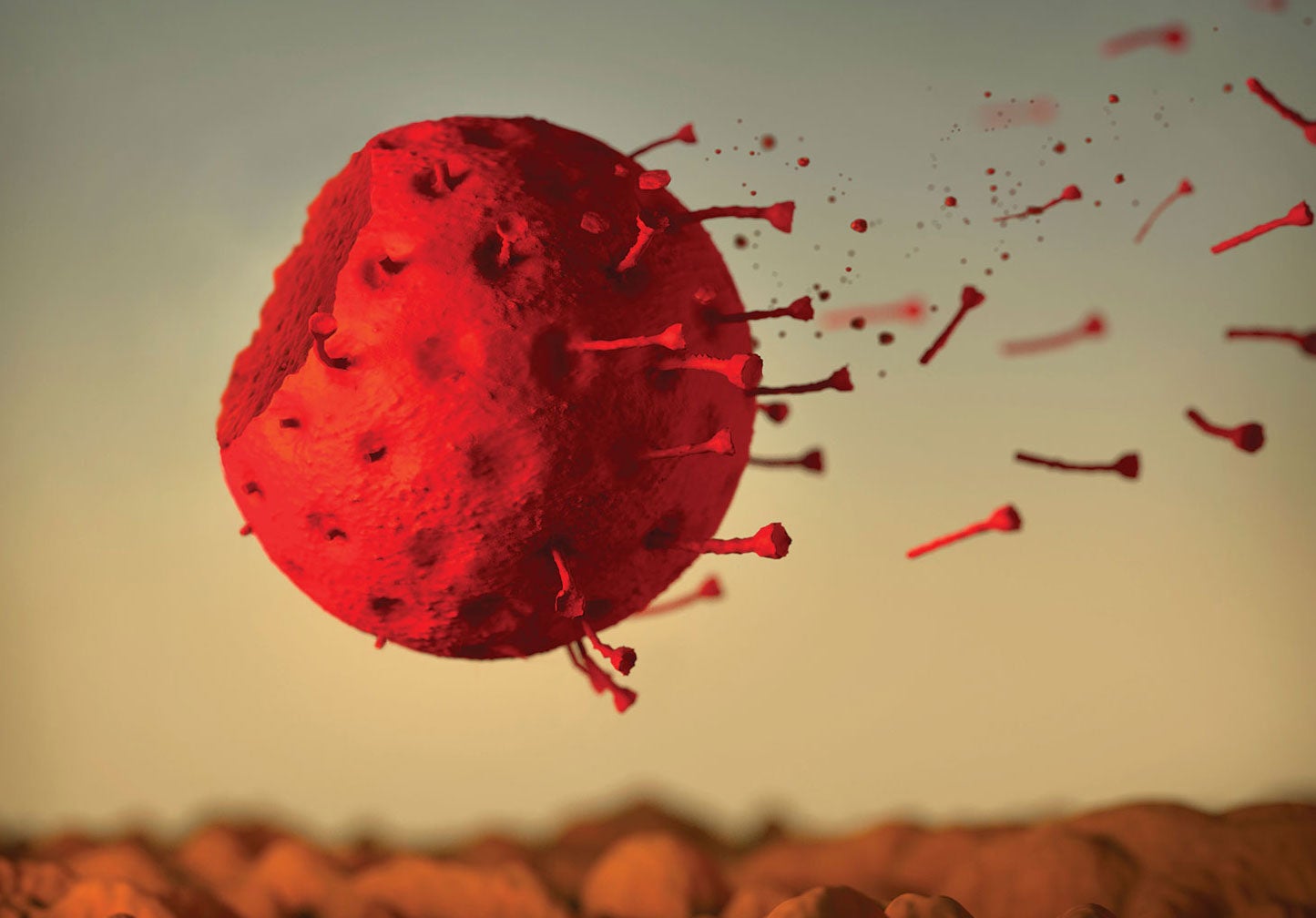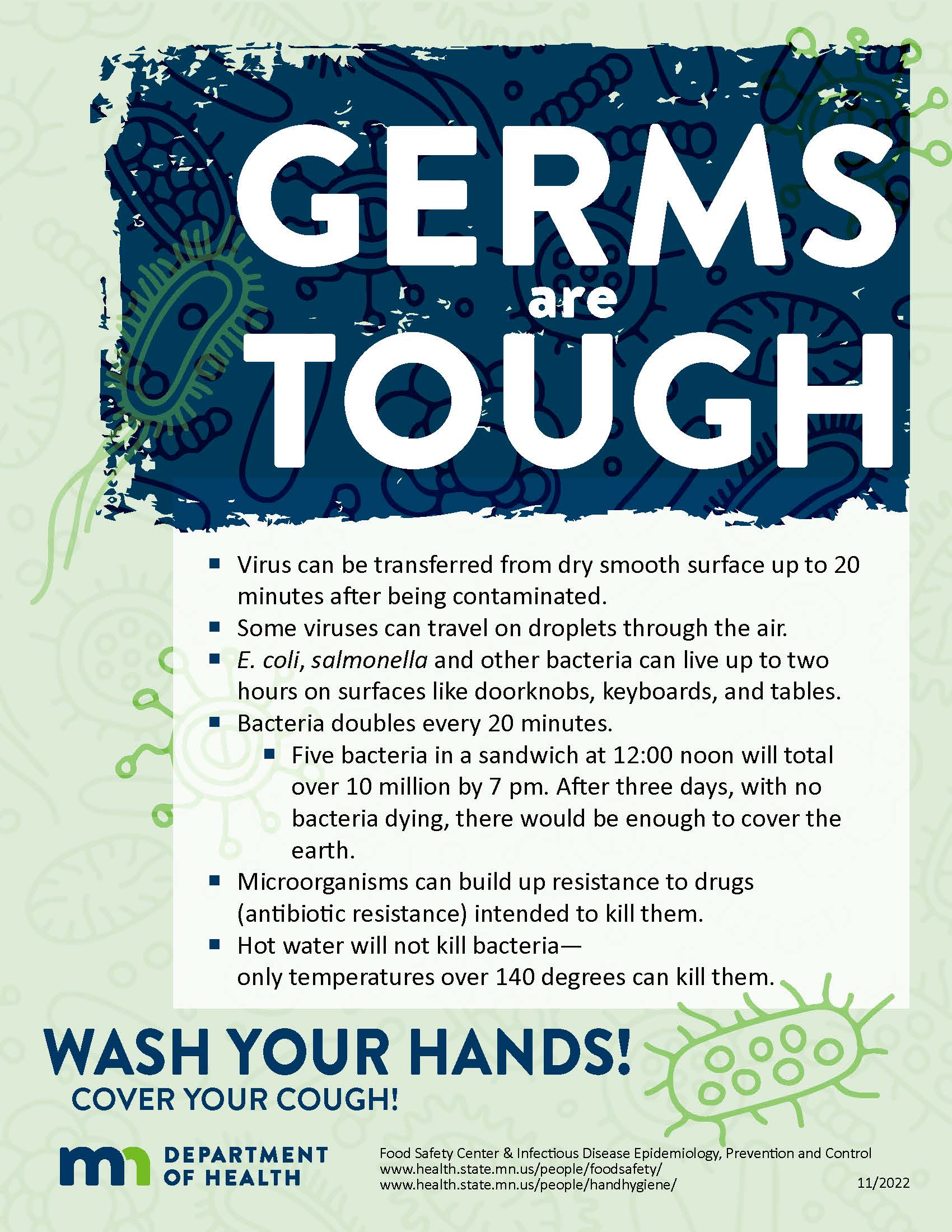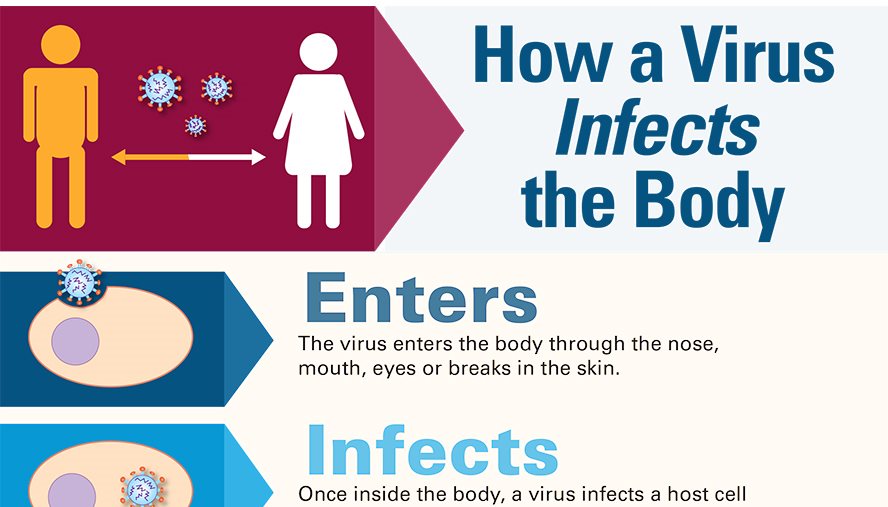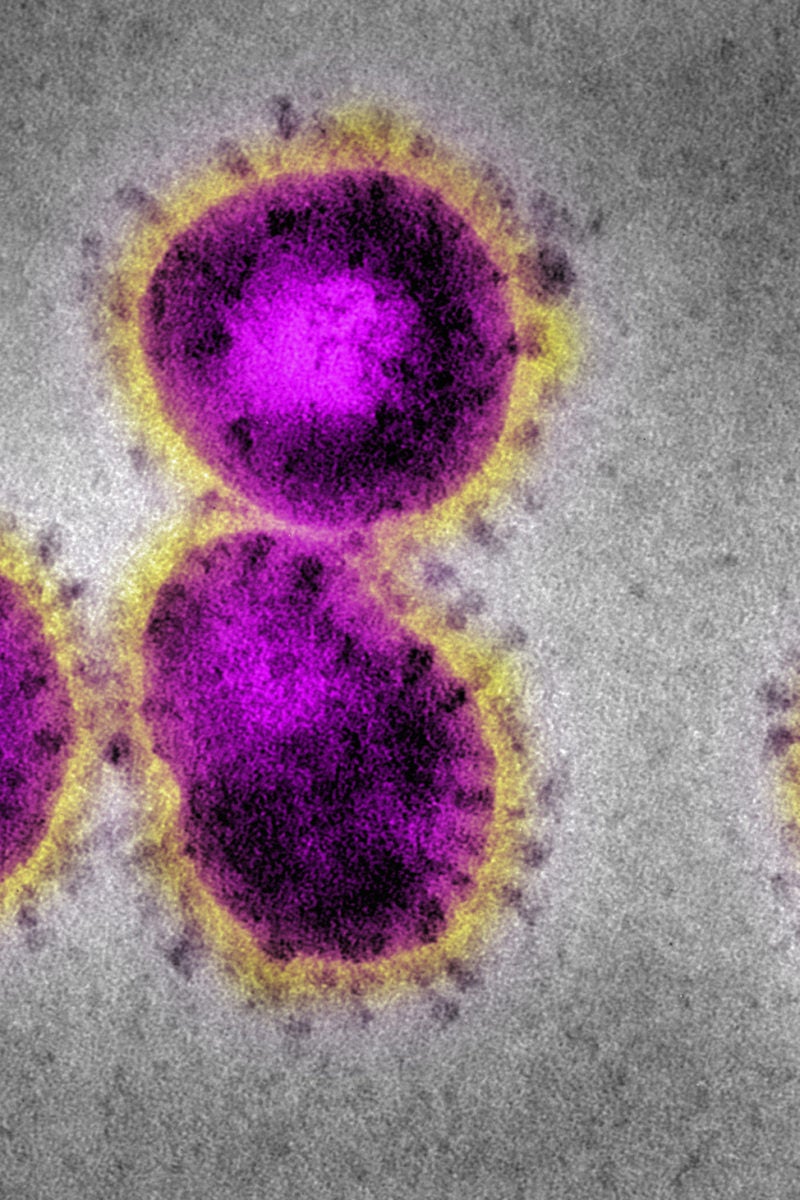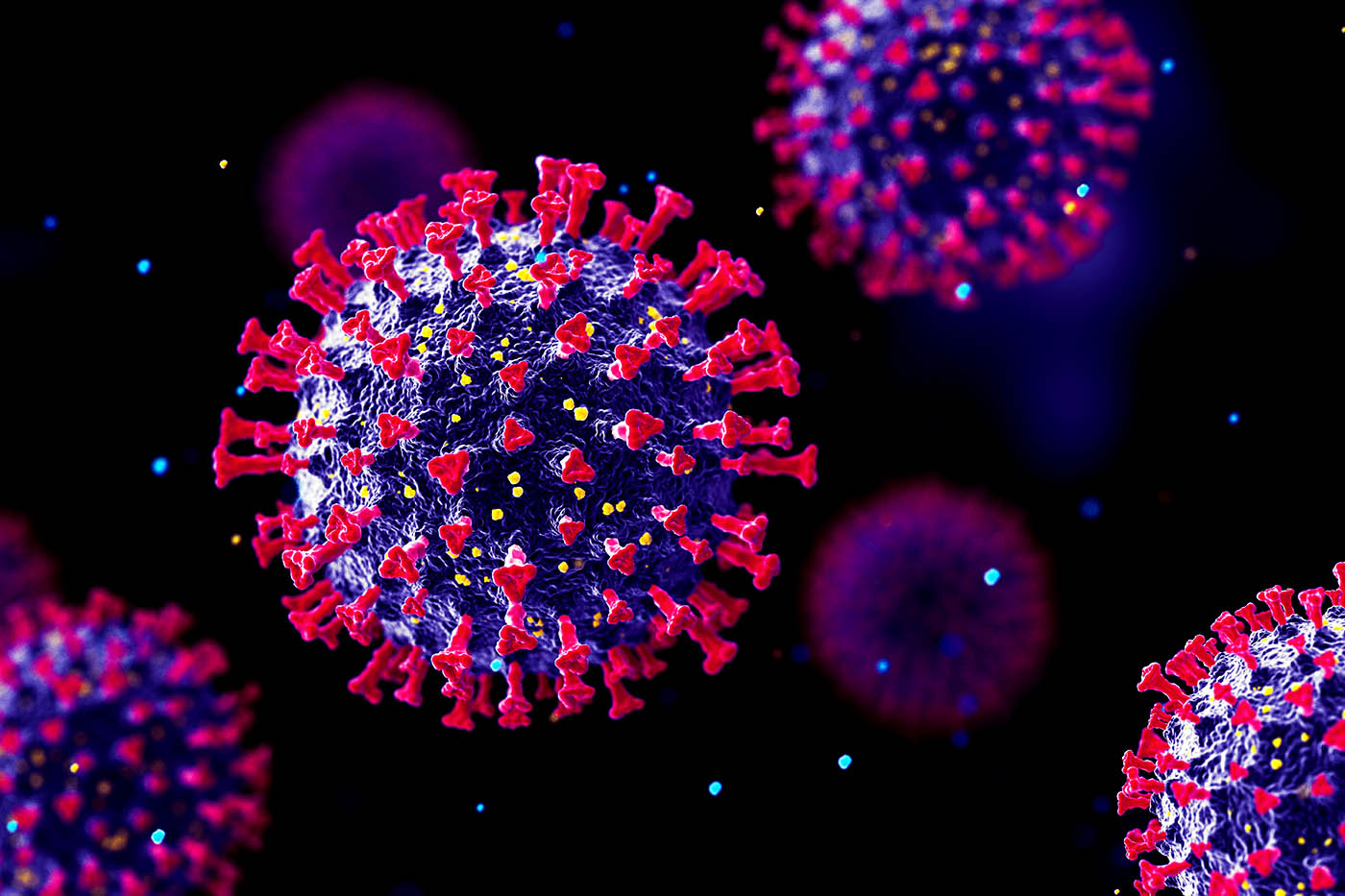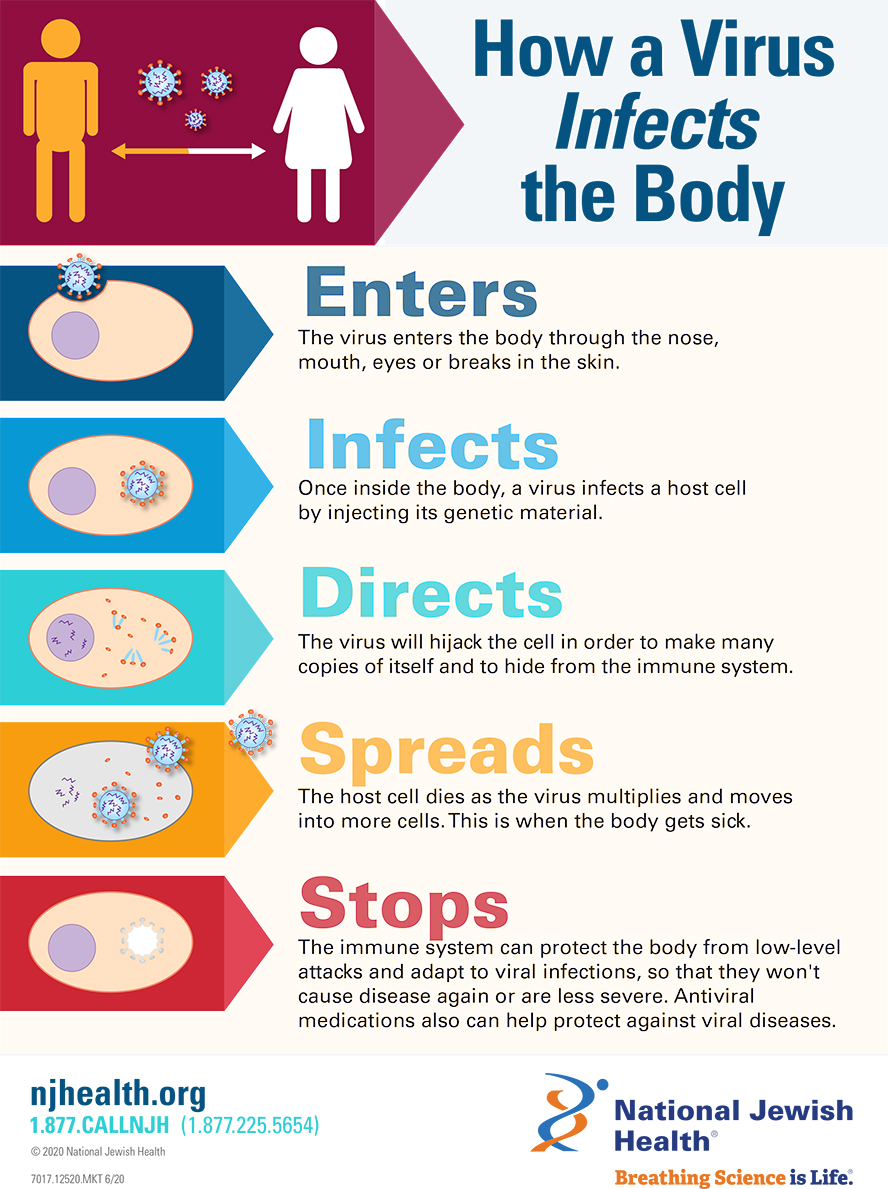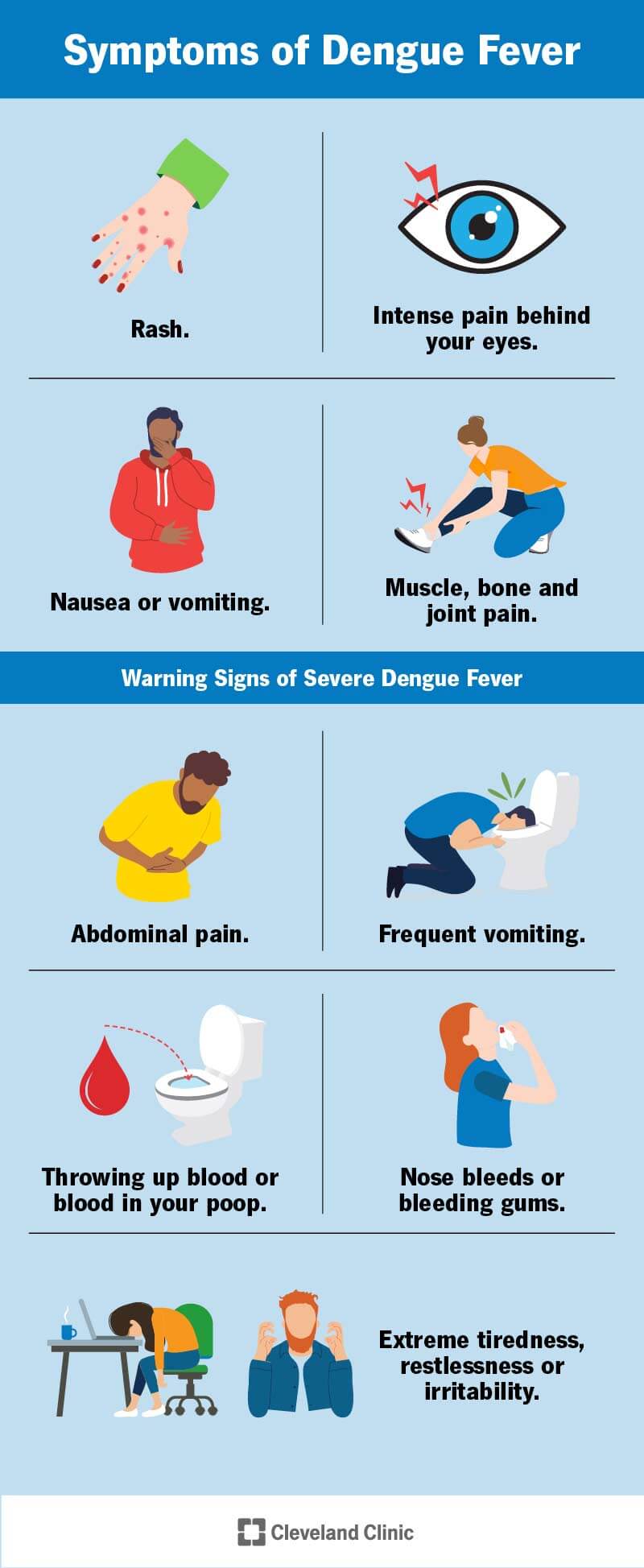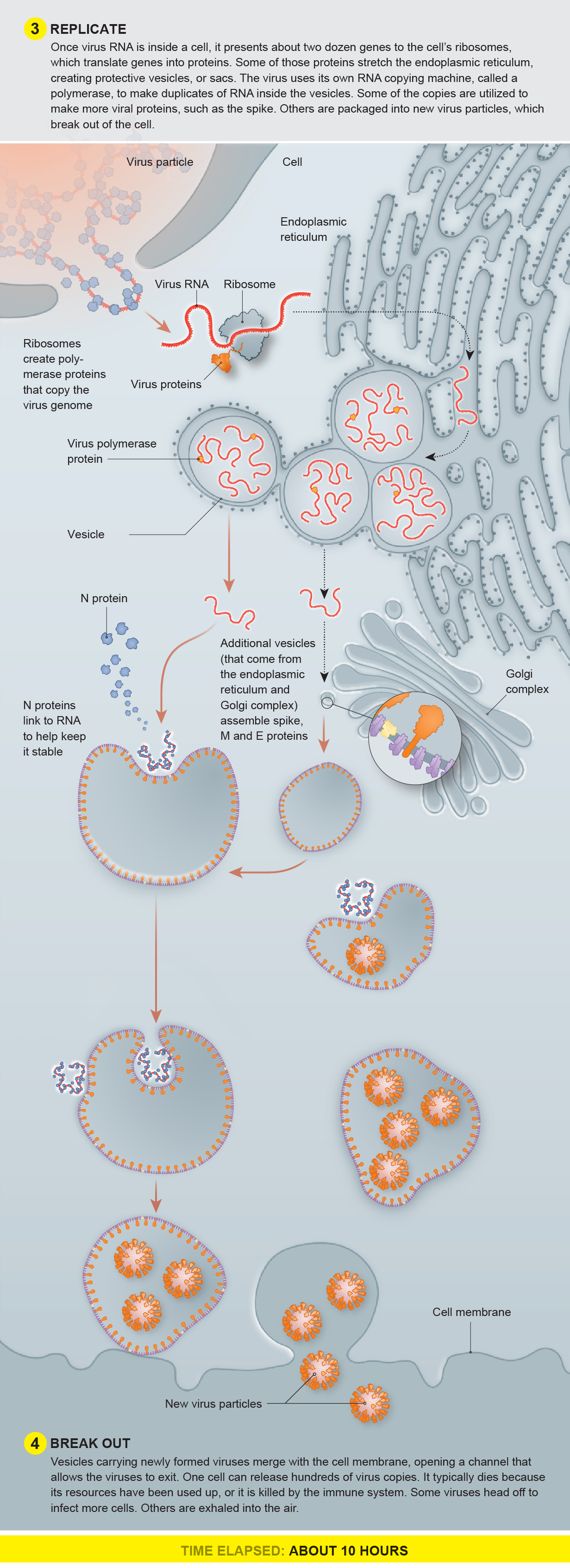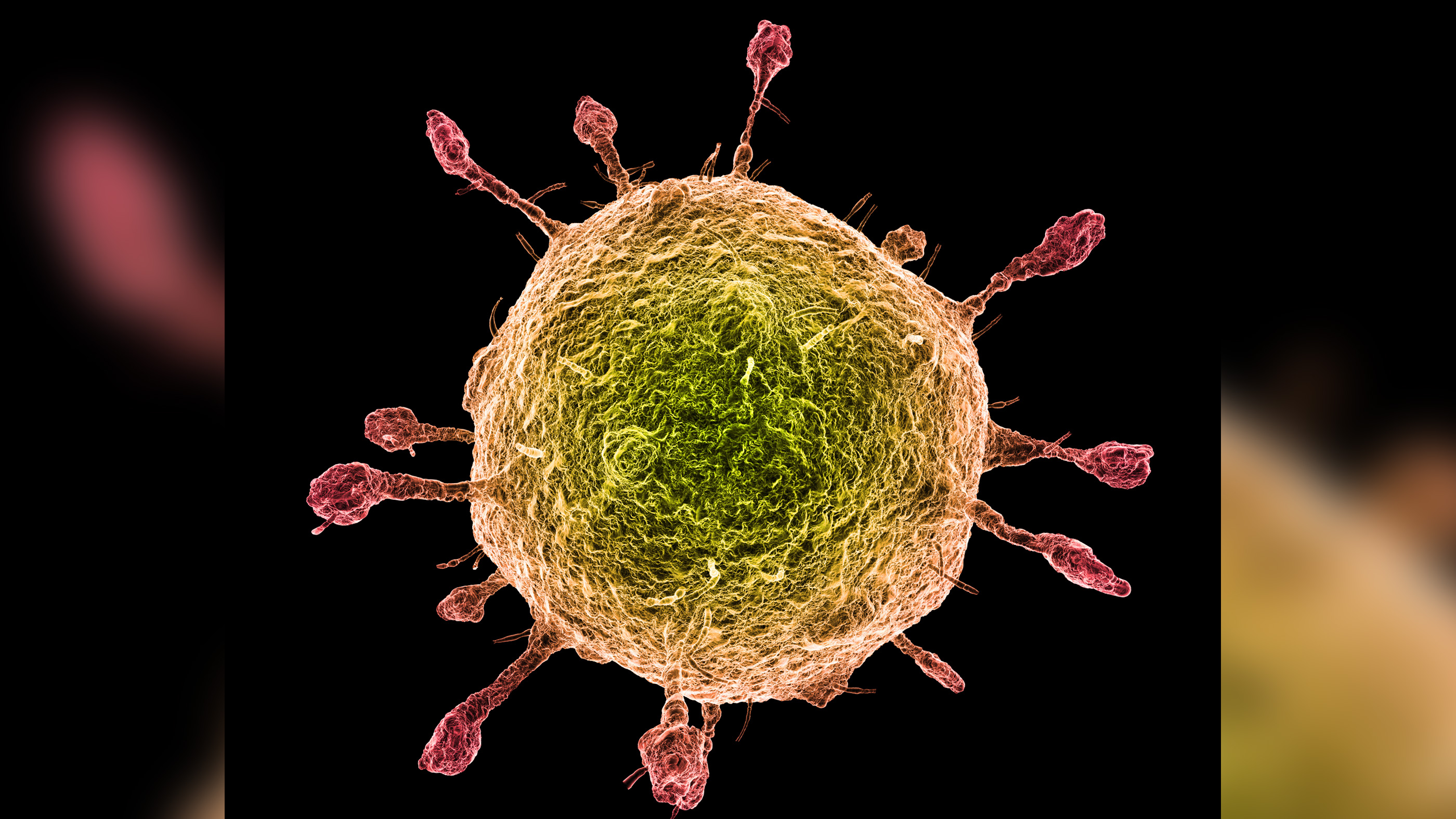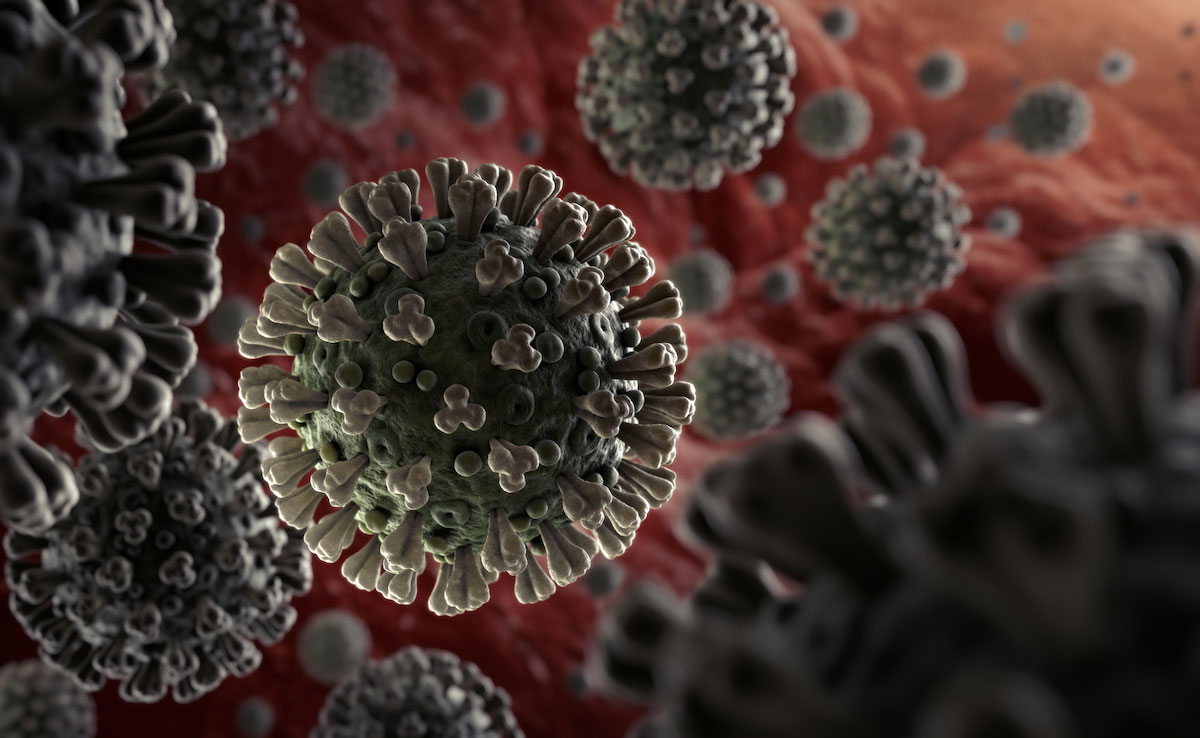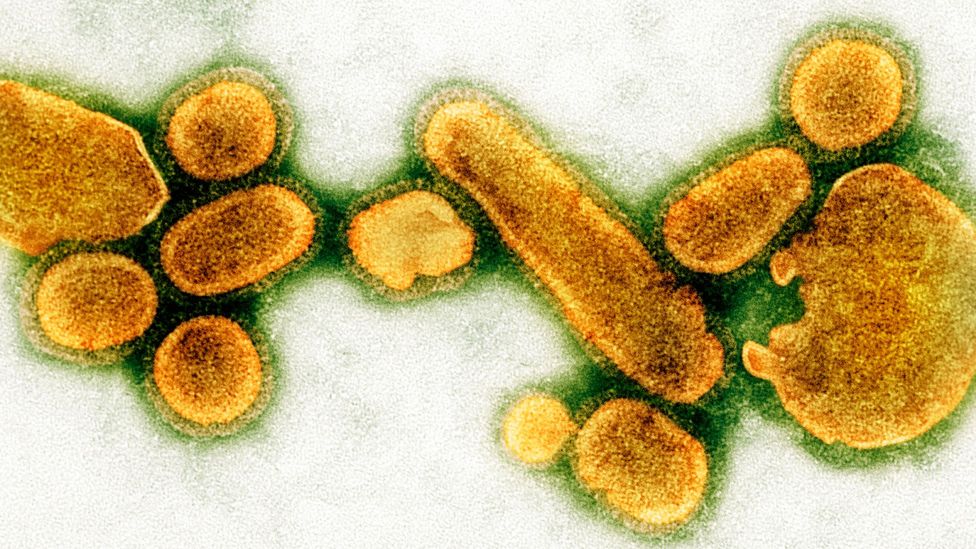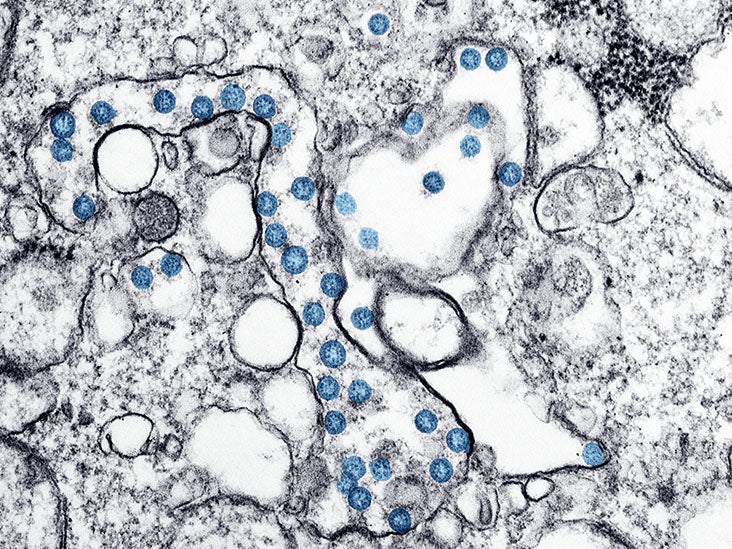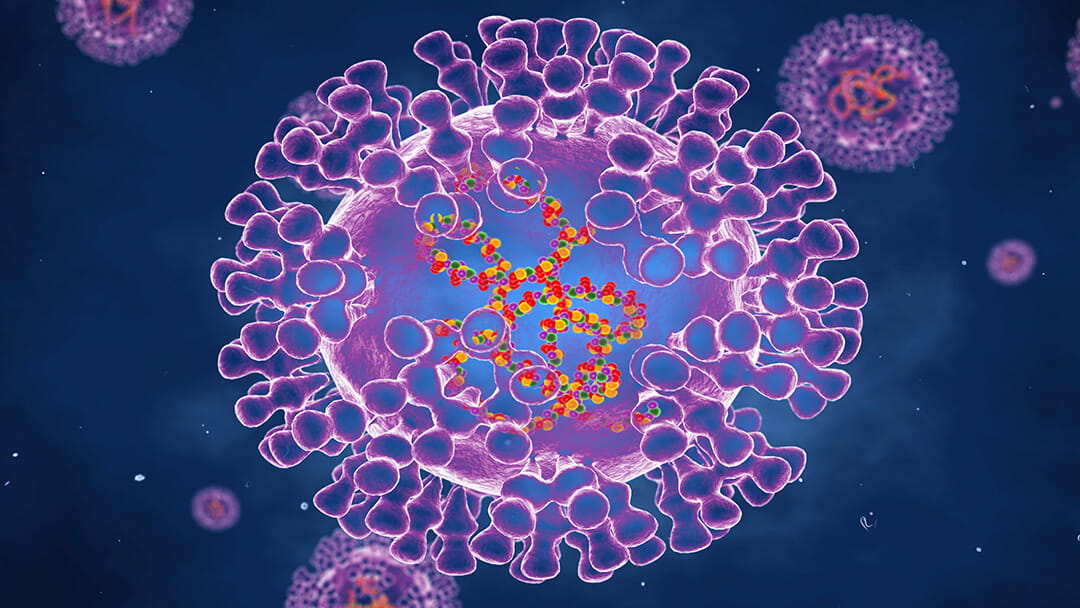
The coronavirus may sometimes slip its genetic material into human chromosomes—but what does that mean? | Science | AAAS

Seasonality of SARS-CoV-2: Will COVID-19 go away on its own in warmer weather? – Center for Communicable Disease Dynamics
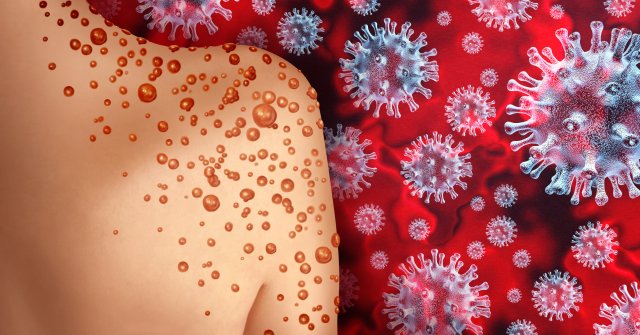
Mpox: Applying What We Know About Biological Agents to Prepare for Emerging Public Health Threats | US EPA

Do Bad Viruses Always Become Good Guys in the End? | Office for Science and Society - McGill University

